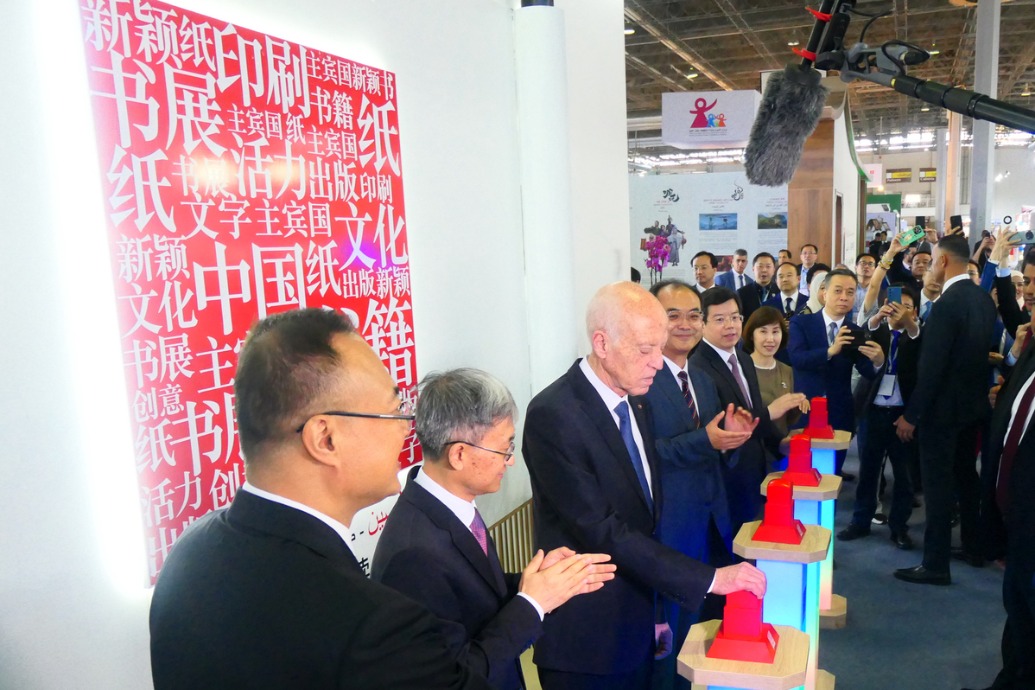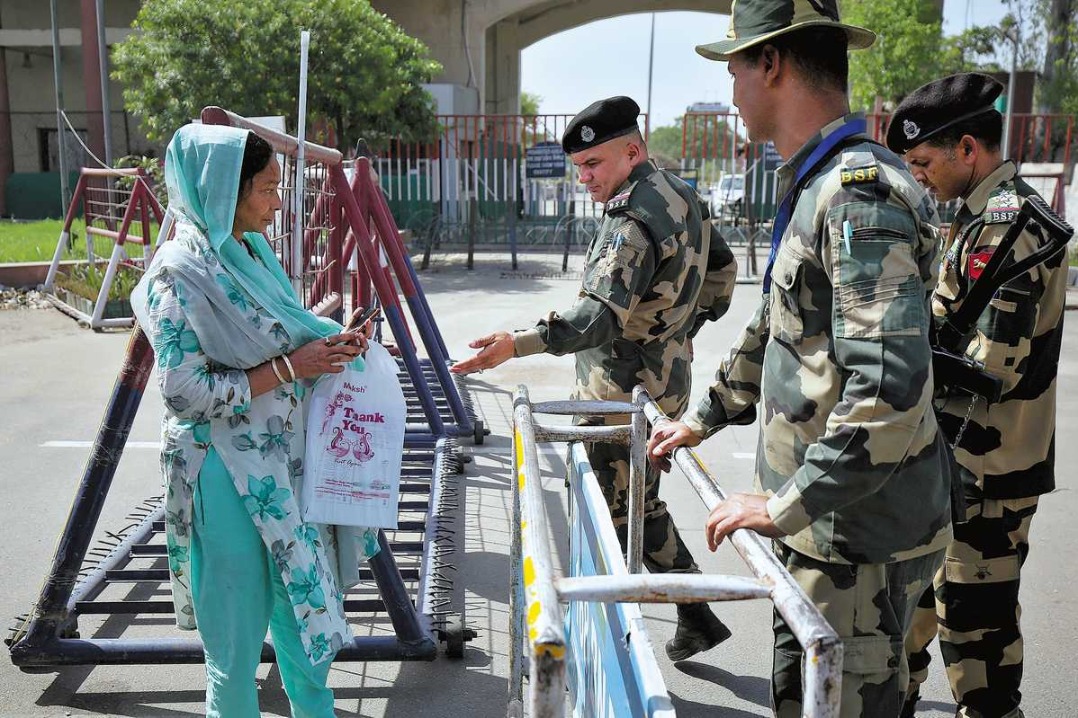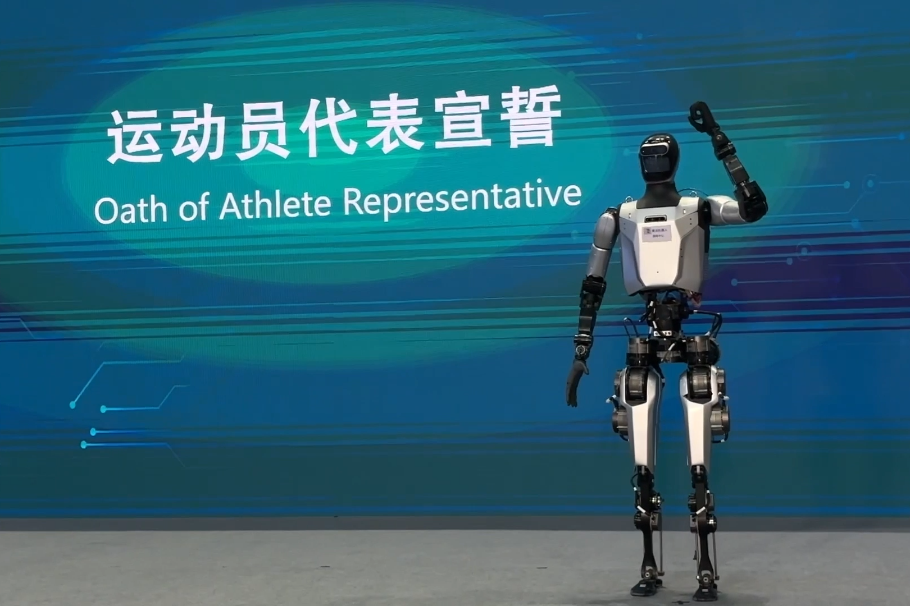Rice program boosts ties with Philippines
By Prime Sarmiento in Hong Kong | China Daily Global | Updated: 2019-12-02 10:00

Sustainability an issue
Hazel Tanchuling, executive director of the think tank Rice Watch Action Network in Manila, said, "The issue is sustainability and farmers' incomes."
Tanchuling said that despite the extension of seed subsidies, it is still more costly to use hybrid seeds compared with inbred varieties. Hybrid seeds can also only be grown in irrigated areas.
However, Sicat from PhilSCAT, said it is still important for the Philippines to develop and propagate hybrid seeds to ensure food security.
He said this is why the center also trains farmers to produce their own hybrid seeds to use and sell to others to earn extra cash.
Ordonez, of Alyansa Agrikultura, said it may also be time to rethink the Philippines' longstanding goal of becoming self-sufficient in rice.
"The focus should be on food security and not self-sufficiency in rice," he said, adding that the Philippines has imported rice annually because local production cannot meet growing demand.
Ordonez said that while it is still important to invest in the country's rice-farming sector, the bulk of the investments should go to the farmers and agricultural land best suited for rice farming. Other farmers can focus on more lucrative cash crops, he said.
























